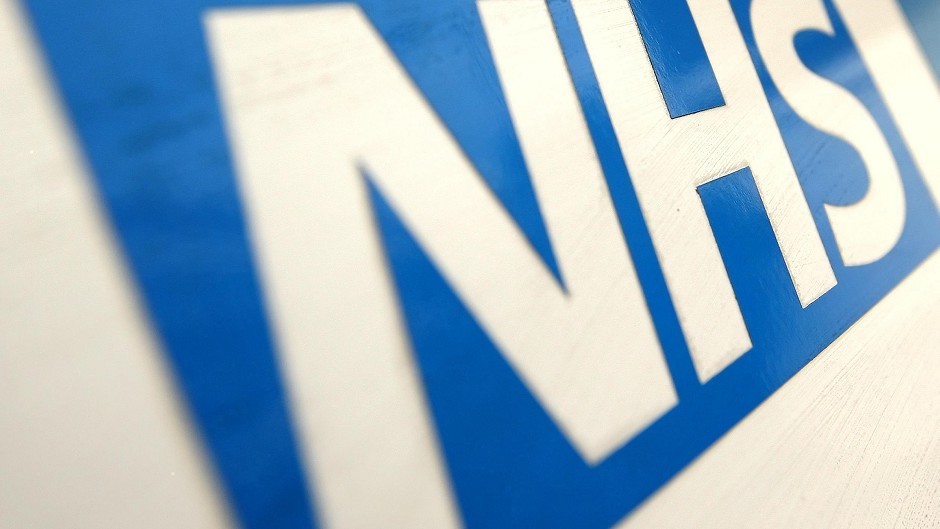The chief executive of the NHS in Scotland has said he would not be a civil servant if politicians annoyed him and fully supported healthy debate about the future of the service.
Paul Gray admitted it would make his life easier if political parties could all agree on a direction of travel but he respected the democratic right of MSPs, MPs and councillors to ask tough questions.
He said he did not let his personal opinions get in the way of doing his job and civil servants were there to advise politicians who make the decisions.
Mr Gray spoke out yesterday (tues) after SNP MSP Richard Lyle said it annoyed him intensely that the NHS was used as a political football.
Addressing Holyrood’s health and sport committee, the NHS chief said: “If it was my stock in trade to be annoyed by politicians I would not be a civil servant.
“I respect the democratic right of the people of Scotland to elect the politicians of their choice and I respect the right of politicians to decide.
“We are here to advise, politicians are here to decide and I am perfectly happy with that.
“If I let my personal views on what might annoy me to enter into my judgements about what I did then I do not think I would be doing my job professionally.
“So I welcome the challenge that all politicians provide because generally speaking every politician has a motivation to make things better.”
Mr Lyle asked if it would be better if politicians of all colours sat down and agreed the future direction of the health service.
“It annoys me intensely that the NHS becomes a political football that every party takes a swipe at – we are all in that game,” he added.
“Should we sit down and give you clear direction that every party has signed up to and stop throwing bombs at the NHS?”
Mr Gray replied: “Certainty the more consensual the decisions about the NHS are makes my life easier.
“But that said I would not like to stifle healthy debate about the future direction of the NHS.
“It is a complex, multi-faceted system that does not operate in a vacuum.
“It operates in the context of other public services, demographic trends we face and health and social care integration.
“There will never be one simple solution to the problems we face, that would be naive of me, so I would not want to stifle debate about the options ahead of us.”
